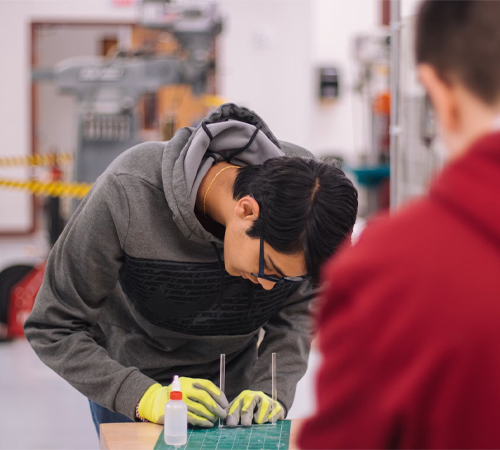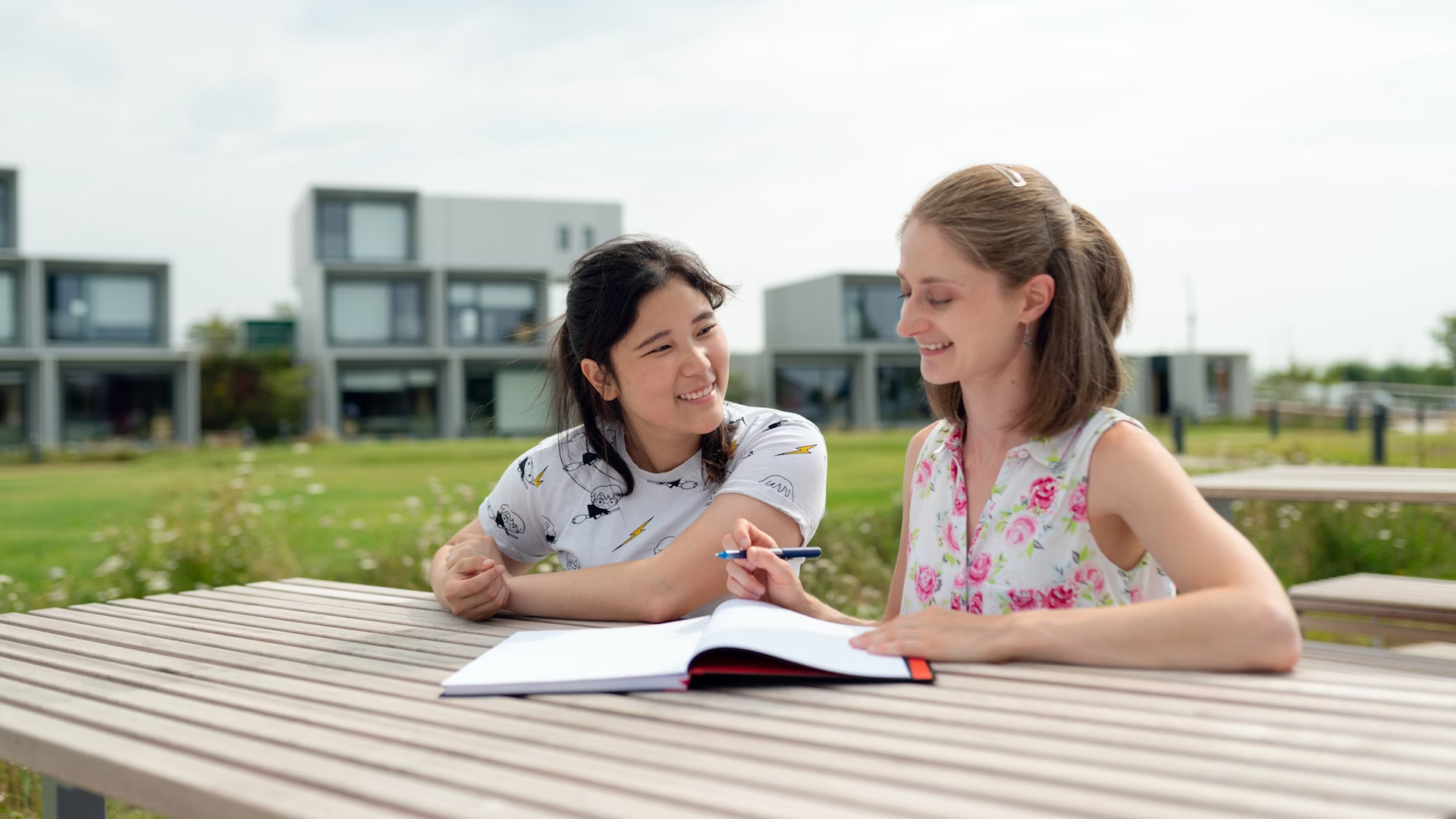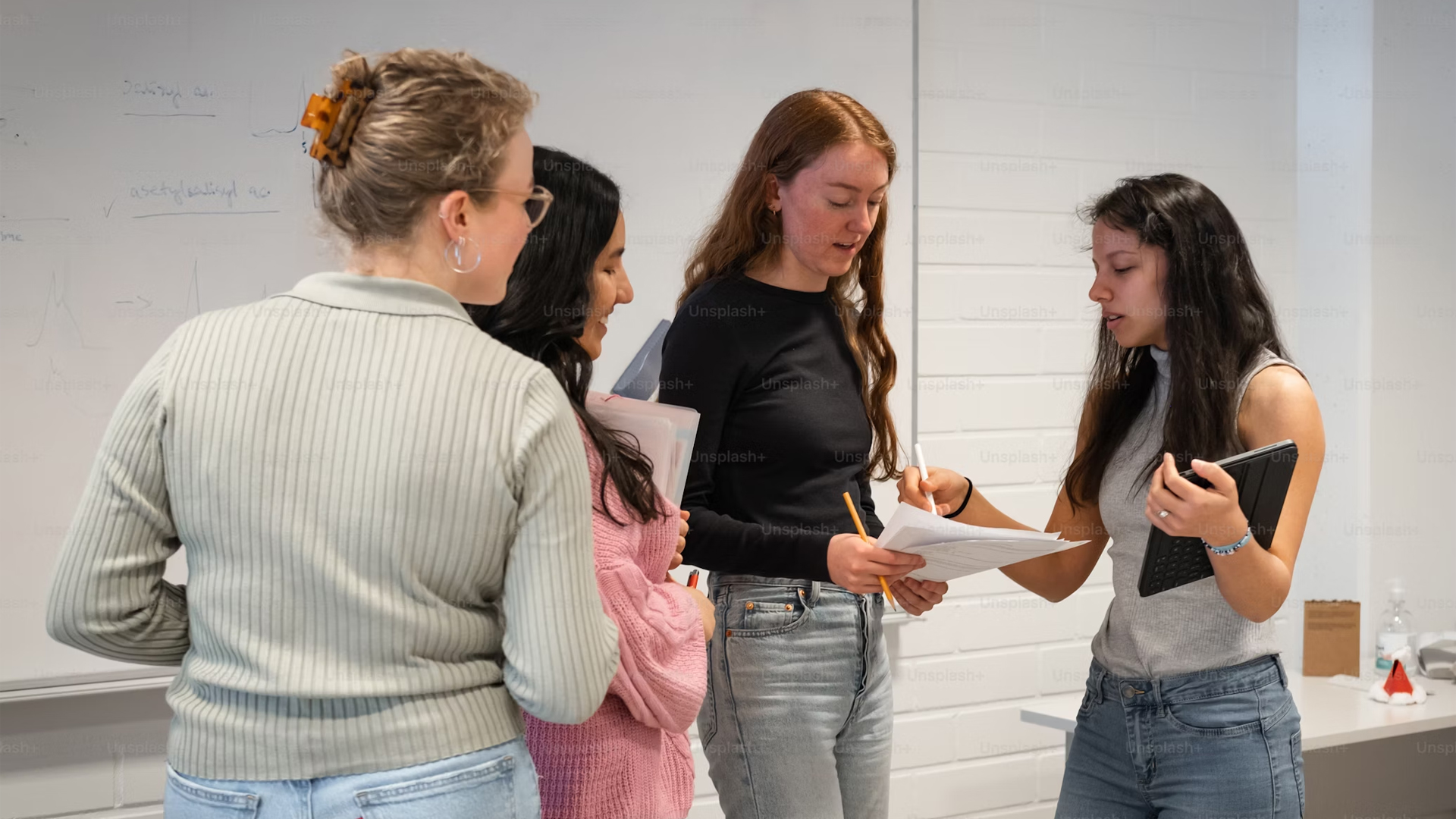
Report background
Creativity is fundamental to effective engineering, concerned as it is with the generation of novel solutions to problems. Engineering for its part, with its focus on finding and solving problems, is an inherently creative process. Yet creativity, like engineering, is virtually absent from the national curriculum of schools in England. This could be because of uncertainty about how to harness creativity in classrooms or, perhaps, because creativity is often seen as the preserve of arts subjects and a rare commodity found only in the lone creative genius rather than being ubiquitous and teachable to all.
Like engineering, creativity frequently straddles different disciplines. It uses a broad design process that has much in common with the engineering design process. In the current educational discourse, both creativity and engineering are largely missing from policy conversations about what should be taught in schools in England.
The broad aim of this review is to explore how creativity and engineering might better be understood as mutually reinforcing disciplines with overlapping habits. Such an understanding, it is anticipated, might help to change the conversation in education, support schools to drive innovation in leadership and pedagogical practices and so inspire more young people to want to become engineers and develop their creativity.
Key recommendations

Undertake an overview
Undertake an overview of the ‘state of the nation’ with regard to engineering in schools. It should be similar in scope to the Durham Commission on Creativity and Education (2019), a partnership between Arts Council England and Durham University.

Develop a clear message
Royal Academy of Engineering to act as a catalyst, drawing on existing international and national evidence, to develop a clear message about the importance of engineering in schools as a means of solving the world’s challenges. This includes (re)invigorating the experiences of young people and their teachers in schools.

Focus on teaching and assessment
Focus on teaching and assessment in embedding engineering in schools. This might include an explicit acknowledgement of the importance of understanding engineering habits and in the confident use of design thinking processes, all the while creating opportunity for pupils to learn through the process of solving authentic problems. There is work to be done in understanding how assessment practices can be developed to further improve teaching and learning in engineering.
Related resources
The engineering profession
We work with 39 professional bodies across engineering to embed progressive engineering leadership in engineers and tec…
Education and skills policy
We work with a range of partners to understand and support engineering education across schools, colleges and universit…
Engineering skills for the workforce
Supporting the upskilling and reskilling of the existing engineering workforce, with particular focus on addressing net…
